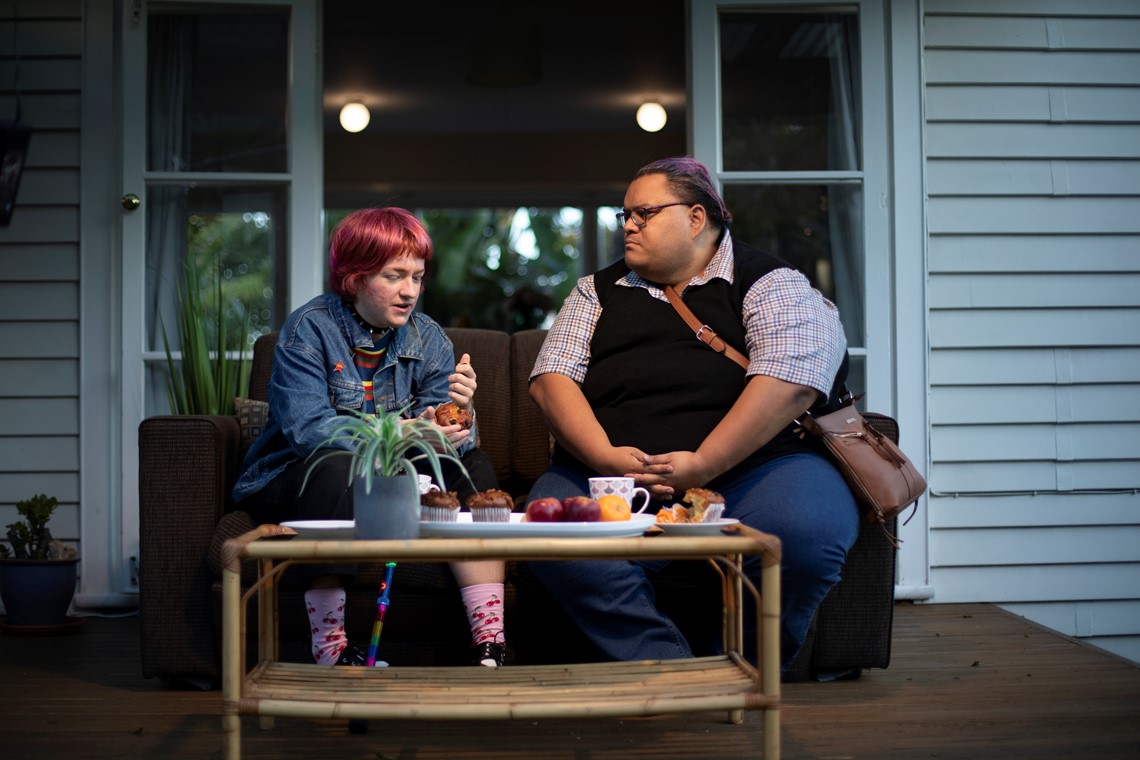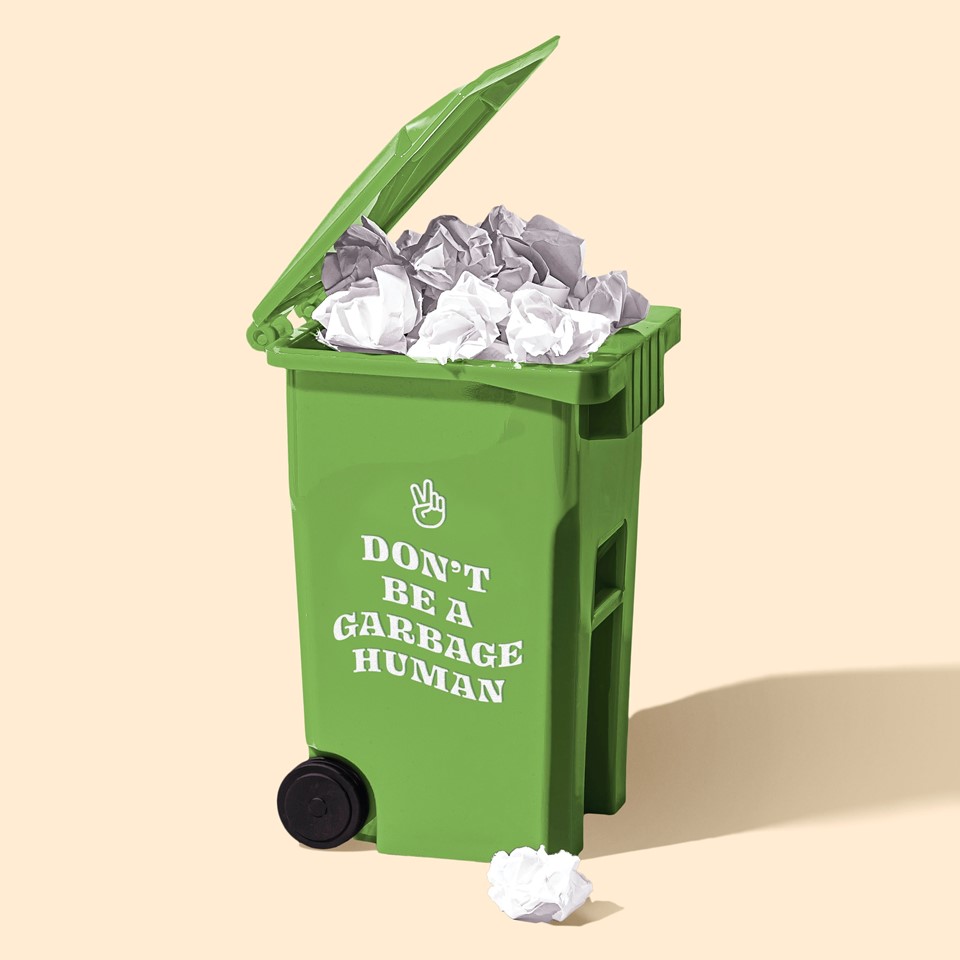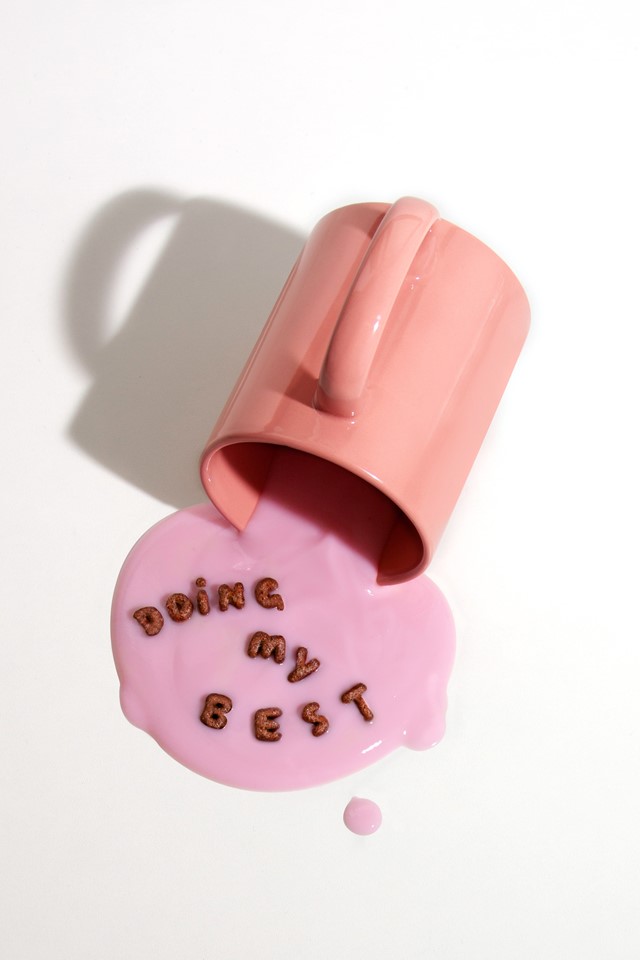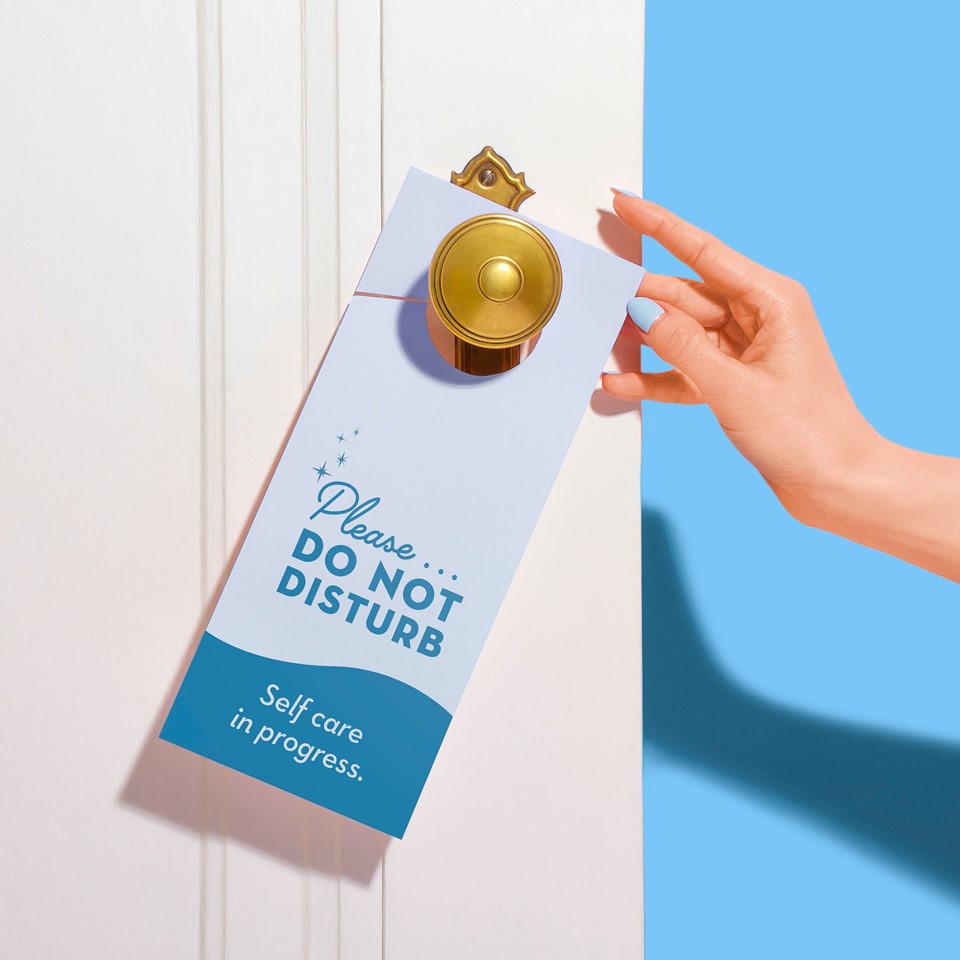How do I talk to my friend about their substance use?
Drugs and alcohol are often linked to queer events and social / sexual situations. For some, it might be occasional. For others, it might be regular. For you and your friends, it might be somewhere else on the spectrum. A lot of the time, this level of substance use is manageable and doesn’t have any major and harmful impacts on our lives (aside from the odd Terrible Tuesday…)
But that isn’t the case for everyone, and it’s a particularly relevant issues for our communities because the use of some substances such as alcohol, GHB/G and methamphetamine may lead to riskier sex.
Being on the scene™ means that, at some stage, we may suspect that a friend or partner is struggling with substance dependence or harm. It’s truly difficult to know what to do in this situation – to determine how far you’re willing to push the issue and risk impacting your relationship with them. Often, it’s easier to say nothing, particularly if their use is longer-term and synonymous with your own experience of them. Maybe it feels like they’ve always been this way.
The use of some substances such as alcohol, GHB/G and methamphetamine may lead to riskier sex.
We likely don’t have to tell you that drug and alcohol use is often stigmatized – this is something most of us inherently know and is partly why it’s so hard to talk about. That stigma not only stops people from seeking the help they need, but it may also influence our perspective of when something is and isn’t a ‘problem’.
If you are worried about a friend, here are some key things to help you navigate the situation in a way that reduces harm and keeps their mana uplifted throughout.
Note: Engaging in content related to substance use may also lead us to question our own substance use. If this happens, be kind to yourself and know that the support and resources at the end of this blog might also be appropriate for your own use.

First off, what are you noticing?
A great question to ask yourself right off the bat is “why do I think I need to have this conversation with my friend?” What have you personally noticed and experienced that leads you to believe there might be a problem?
The Level NZ has a great resource on some of the signs to look out for, including:
- Their appearance
- Appetite, eating habits and weight
- Sleeping patterns
- How they behave
- Their mood and energy levels
- Their personality and general attitude to life
Remember, noticing that a friend has changed in these ways may not mean there is an issue specifically with substance use. But, if they’re occurring in conjunction with a heightened frequency of substance use, or the use of new substances, there might be an issue (and even without substances in the mix, these still might indicate they need support).
Ask yourself, ‘why do I think I need to have this conversation with my friend?
It’s not your job to assess how serious the problem might be
Listen, you care about your friend and want what’s best for them, absolutely, we get it! It’s easy to feel personally responsible for what your friends are going through. But unless you have very specific qualifications, you don’t have – nor are you expected to have – the experience required to assess how significant someone’s substance use is.
This doesn’t mean you shouldn’t act if you think they are using in ways that aren’t healthy, but there are limits to what you are responsible for. If it turns out that they need more support than you can offer, your role here should be to encourage them to seek appropriate help if they are in a space to make changes. It’s important to let the right people make assessments and decisions that are within their professional scope.


Before you go any further, assess your own perspective
We all have our personal perspectives on certain substances, based on our own histories. You may have had a family member struggle with alcohol which could make you more aware of other peoples’ use. You may have been taught certain ideas and beliefs about drugs like marijuana at school. The friends you surround yourself with will have their own ideas, and these could influence your own.
It’s very important to assess your own beliefs, biases and prejudices when thinking about someone else’s substance use to ensure that you are being as objective as you can be. A really great place to start is to make sure what you believe about the substance(s) in question is from reliable sources, rather than hearsay. If you think something is ‘bad’, how do you know that, and where has this information come from?
It’s very important to assess your own beliefs, biases and prejudices when thinking about someone else’s substance use.
Ok, so you're concerned about your friend and want to help – now what?
If possible, it’s great to do a bit of prep work before the conversation itself – but this can be daunting. If you’d prefer to just start the conversation, skip to the next section.
If you do want to take some time to prepare, here are a few things to consider:
- Would it be most effective to have the conversation when you’re both sober, or would being a little intoxicated make it easier for your friend to open us? This will be different for different people.
- Think about a place that will be private, comfortable, and preferably familiar for your friend.
- Make sure you have done your research on the substance(s) you’re concerned about.
- Also research a few support options and resources.
- Be prepared to be wrong, or to have misjudged the situation – how will you handle this?
- How can you keep them grounded in the moment to avoid things escalating?
- What will you do if it escalates despite your efforts?
- You could try practicing what you plan to say with someone else (preferably someone who doesn’t know your friend, to ensure confidentiality).
- In the lead-up, there may be situations where they reference their substance use (perhaps in a casual way). If so, you could use these as opportunities to ask curious, empathetic questions that will help elicit their own level of awareness.


How do you have the actual conversation?
Ok, the time has come. You’ve prepped as much as you can, but you don’t really know how the conversation will go. Here are some tips to keep in mind during the moment itself:
- Let them know you’d like to have a bit of a serious conversation – and be prepared to abort if they’re not in the right space for it. Let them know that you’re there for them if they want to talk about it in the future.
- Listen, leave your personal opinions at the door, and approach the conversation with an open mind.
- Respect where they are on their journey.
- Be patient, as you may need to have the conversation more than once (but only if they’re open to it – it’s important not to be pushy).
- Help them see how their behaviour can change when intoxicated as they may not be aware of this.
- Distinguish between the person and their behaviour.
- Restrict comments to what you have personally felt – make it subjective. It can be helpful to use 'I' statements here, which can also make it less confronting. For example, "I've noticed you've been drinking a lot more than you're used to" rather than "you're drinking way too much now."
- Ask open questions which will give them space to bring in their own thoughts and feelings.
- Remember - you are not responsible for how they react, only for how you approach the situation.
- Take care of yourself as well and be aware of when you might need to take a break.
Listen, leave your personal opinions at the door, and approach the conversation with an open mind.
So you’ve had the conversation – what happens next?
First of all, no matter how it went, give yourself some credit. These conversations are tough, particularly with friends, and (provided you acted with integrity and respect) your friend will probably appreciate it, even if it doesn’t seem like they do right now.
If they are looking to stop or reduce their use, you can help them do this by:
- Helping them to identify what triggers them to use (e.g. people or places) and what they can do to stay away from them.
- Helping them find professional support.
- Letting them know that if they aren't ready to talk about it to someone professional at that time, they can always talk to you for support.
Make sure you follow up with them after the conversation, even just to check how they’re feeling about things. Let them know they’re not alone but respect their boundaries if they don’t want to engage with you any more on the topic.




